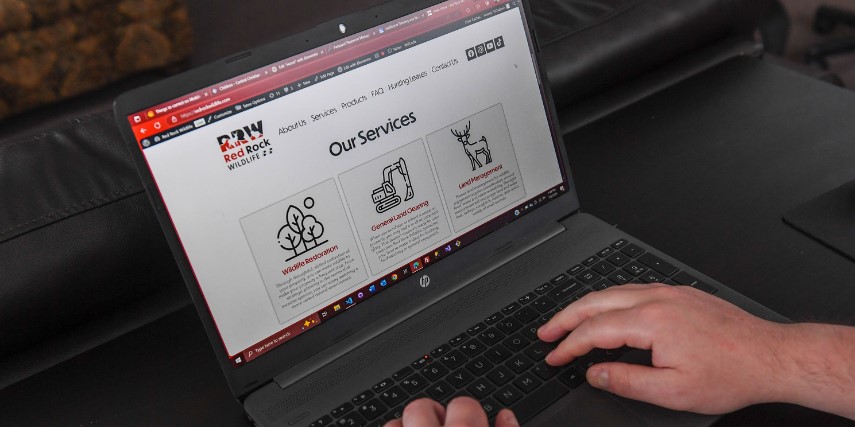To attract and retain consumers, many brands focus on refining the details of the user experience, crafting clear, compelling content and designing visuals that resonate emotionally with their audience. While these elements are essential, it’s equally important not to overlook the technical foundation, particularly webpage load times, which play a critical role in overall user satisfaction.
Research shows that users expect websites to load in two seconds or less—any delay beyond that can lead to a significant increase in bounce rates. Pages that take five seconds or more to load may see bounce rates as high as 90%.
With more consumers browsing on smartphones than desktop computers, optimizing their mobile performance is essential. This presents a valuable opportunity to outperform competitors, as average mobile load times remain subpar. According to Google, approximately 53% of mobile users will abandon a site if it takes longer than three seconds to load.
You Want High Conversion Rates
Another key reason we continue to emphasize faster load times is that success is often measured by whether the user completes a desired action, such as the following:
- Provides Information
Your strongest leads are those who provide you information in return for a benefit you’re offering, such as filling out a form to get a quote, scheduling a demo or allowing you to contact them for further information. - Spends Time on Pages
The next action could be something that entices the visitor, such as a video or a case study – anything that keeps them on your site. - Subscribes
Your company newsletter is a great way to keep your leads informed, but you could also prompt audiences to sign up for your YouTube channel or any social media platform. - Makes a Purchase
The ultimate action is to sell items or services. A fast-loading website gives users the option to buy now, add to cart or start a free trial.
Additional Value of Website Speed
Achieving a first-page ranking in search results is challenging but highly sought after, as fewer than 1% of users continue their search to the second page. While numerous factors contribute to a website reaching this prominent position, one common characteristic among top-ranking sites is an average page load speed of 1.65 seconds.
Don’t get left in the dust or give business up to your competitors – optimize your website for a more engaging user experience. Need help? Contact us at SJC Marketing.


